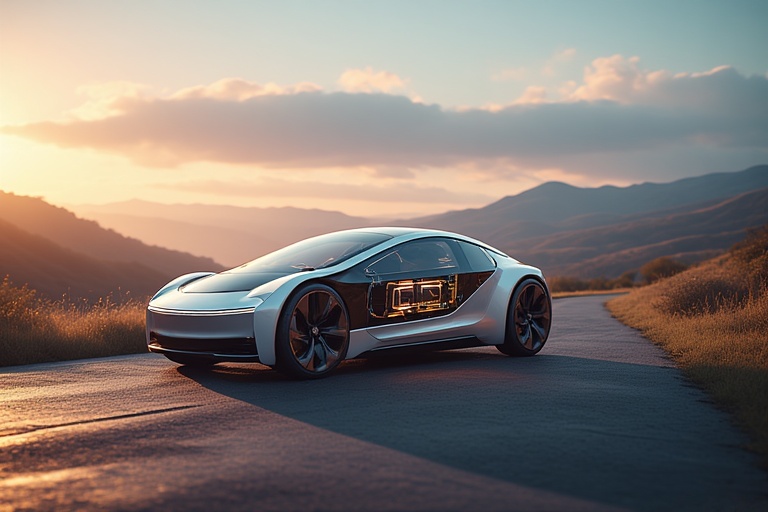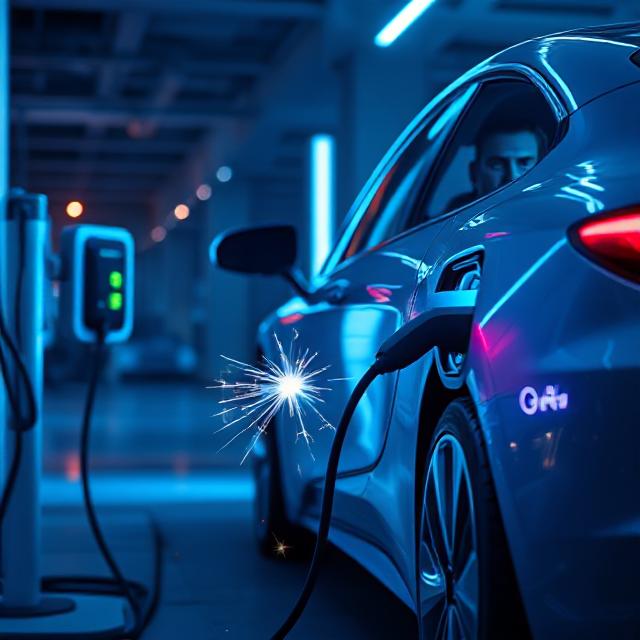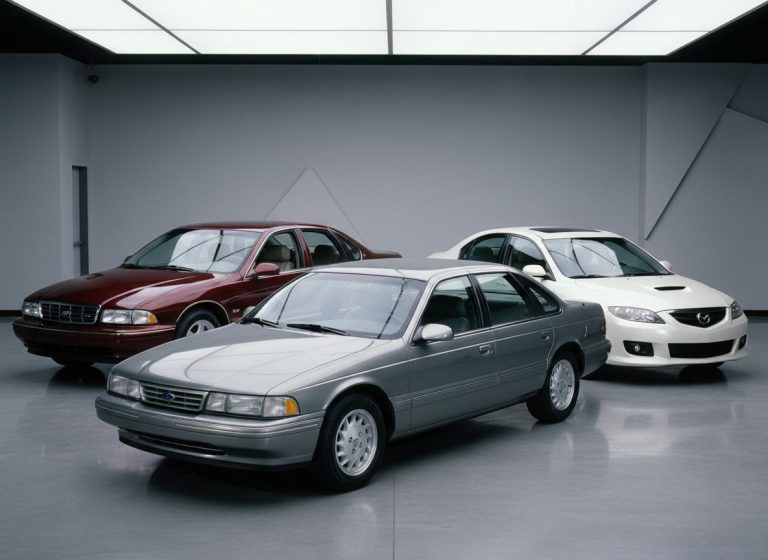Stellantis Introduces Next-Generation EV Battery Technology
Stellantis, the parent company of brands such as Jeep, Chrysler, and Peugeot, is testing a revolutionary electric vehicle (EV) battery system that eliminates the need for separate chargers and inverters. This innovation promises higher efficiency, reduced weight, and faster charging times for upcoming EVs.
1. What Is the Intelligent Battery Integrated System (IBIS)?
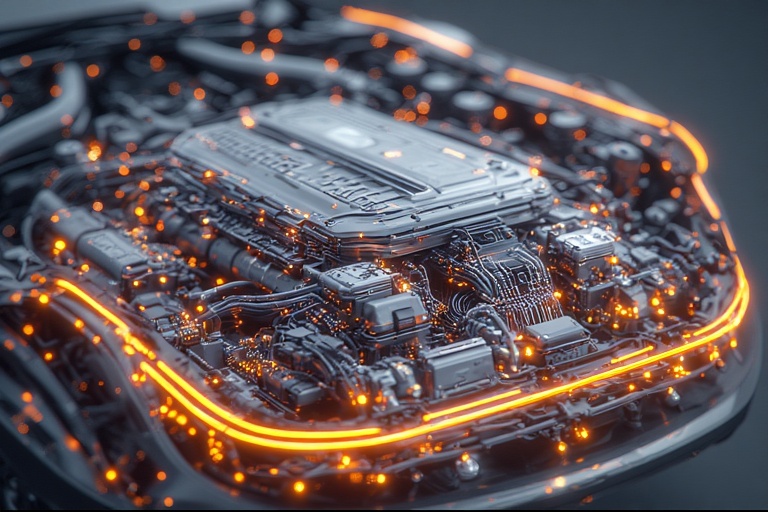
The Intelligent Battery Integrated System (IBIS) integrates the charging and inversion functions directly into the battery pack. Software-controlled circuits manage each battery cell individually, reducing energy losses and improving overall efficiency.
2. How IBIS Improves EV Efficiency
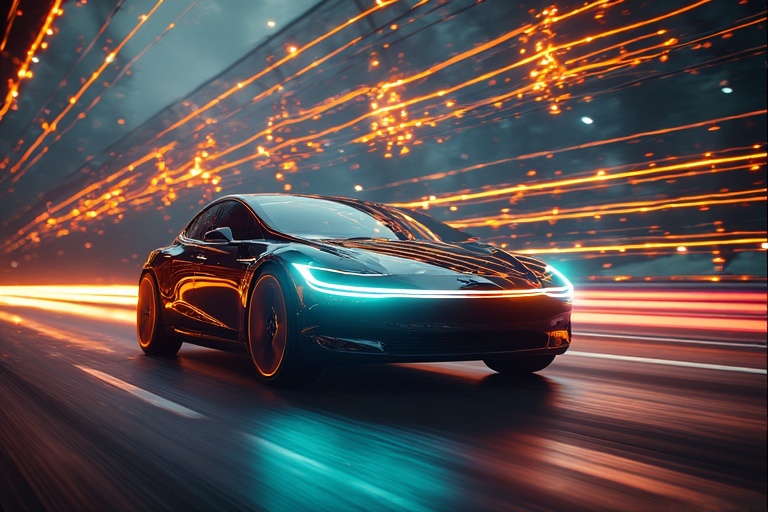
By eliminating separate hardware for chargers and inverters, IBIS reduces the vehicle’s energy conversion losses. This results in more efficient power delivery during both driving and charging, enhancing overall range and performance.
3. Weight Reduction Benefits
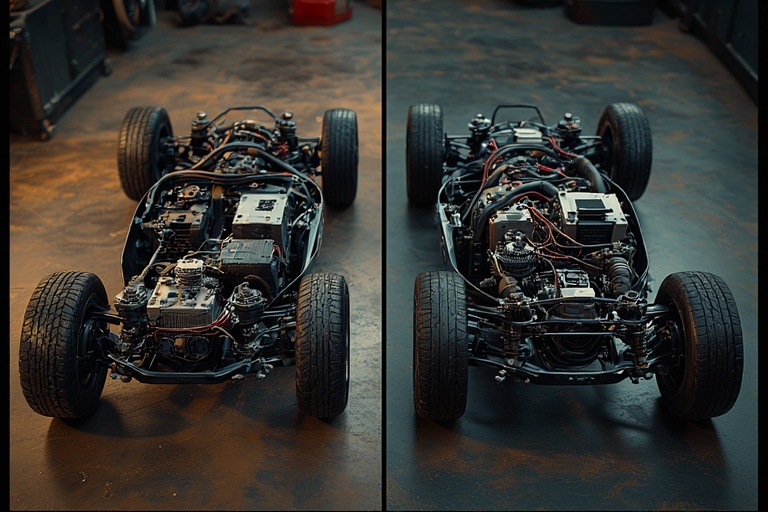
Removing standalone chargers and inverters reduces the vehicle’s weight by approximately 40 kilograms (88 pounds). This weight reduction improves handling, efficiency, and range, making the vehicle more competitive in the EV market.
4. Real-World Testing on Peugeot e-3008
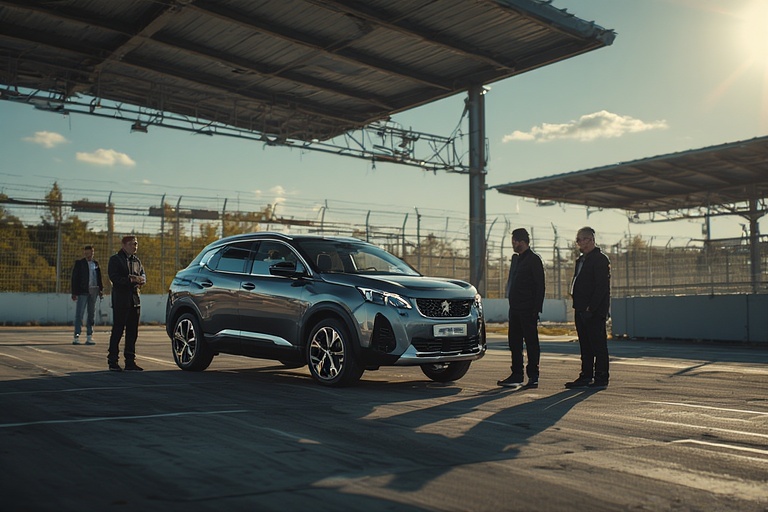
Stellantis has tested IBIS technology on the Peugeot e-3008, a compact SUV on the STLA Medium platform. The prototype demonstrated a 10% reduction in energy consumption and faster AC charging times, highlighting the system’s potential for production EVs.
5. Space Optimization in EV Design
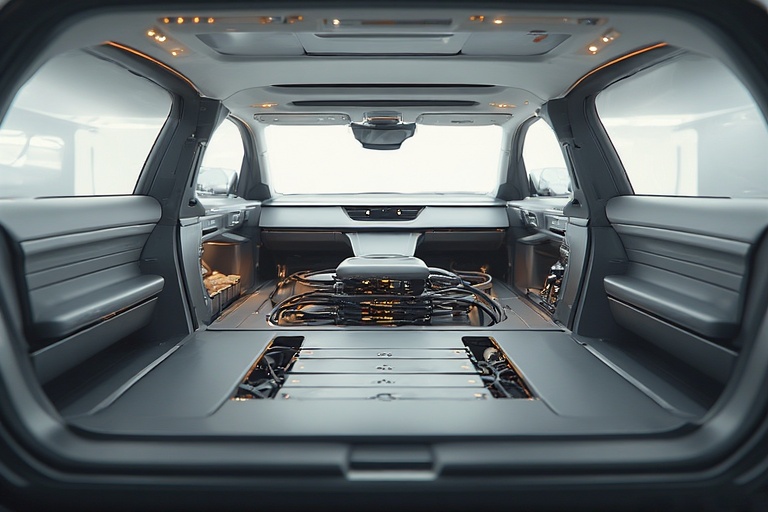
The integrated battery system frees up significant space within the vehicle. This allows designers to add more interior features, storage, or enhance vehicle aerodynamics without compromising battery performance.
6. Faster Charging Capabilities
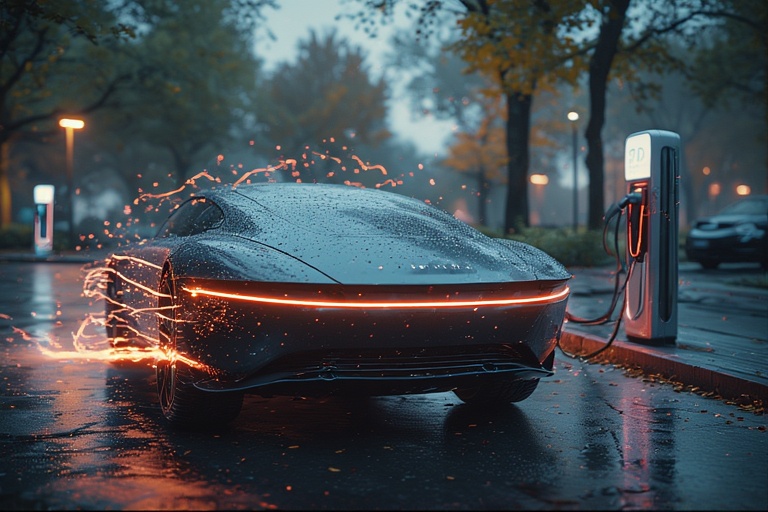
IBIS-equipped batteries offer faster AC charging, potentially reducing charging times by up to 10%. Faster charging enhances convenience for drivers and supports broader adoption of EVs in daily use.
7. Future Plans for Production Vehicles
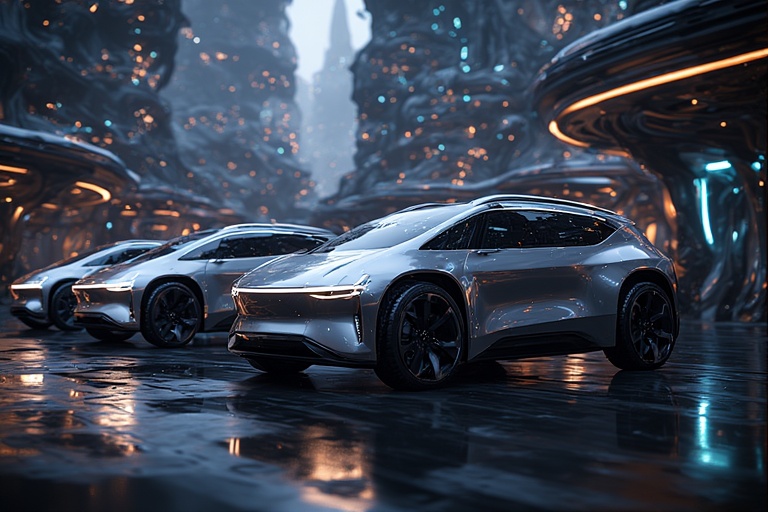
Stellantis plans to continue testing the IBIS technology across multiple EV platforms in Europe. The company aims to introduce the system into production vehicles before 2030, making its EV lineup more efficient and technologically advanced.
8. Implications for the EV Market

By integrating charging and inversion functions into the battery pack, Stellantis could gain a significant competitive advantage. IBIS not only improves vehicle efficiency but also supports sustainable EV growth by lowering energy waste and material usage.

